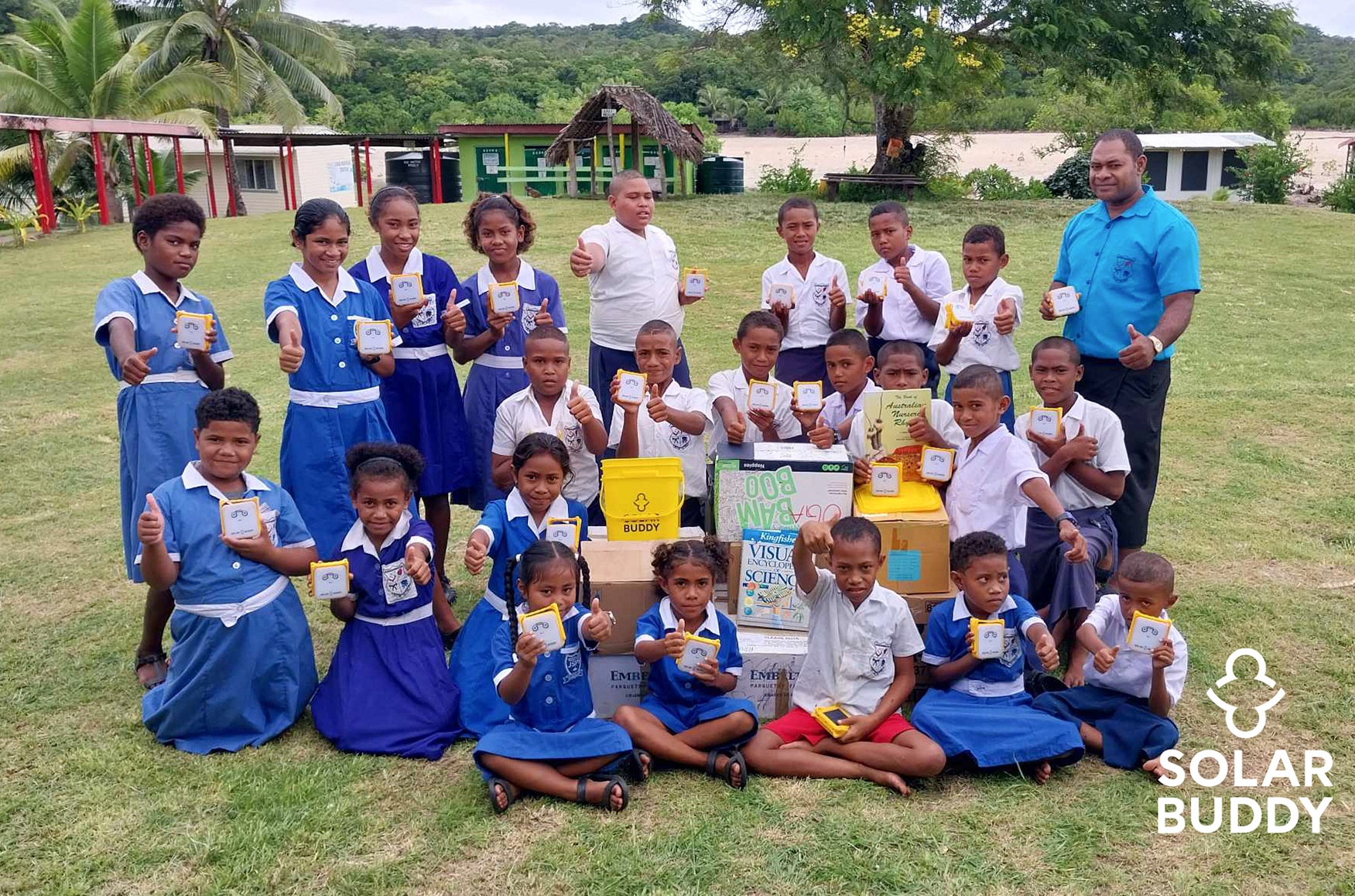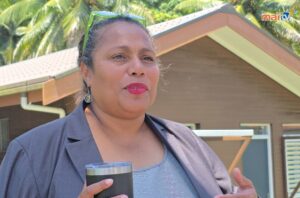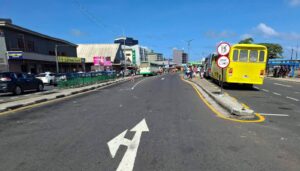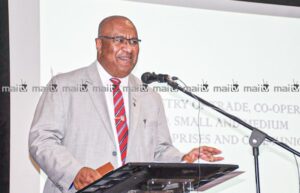Hundreds of students in Fiji are taking part in a nationwide education programme this week, designed to promote STEM learning and tackle energy poverty in rural areas.
A key event will be held at Nadi Airport School on Thursday, where students will explore solar technology and assemble 750 solar-powered study lights. The lights will be distributed to students in remote Western communities who lack access to electricity, enabling them to study after dark.
The project is being delivered by SolarBuddy, a global non-profit organisation focused on ending energy poverty, in partnership with Airbus, Fiji Airways, and the Lau Education Company Trust (LECT).
“This is more than just a science lesson,” said Madhur Prakash, Principal of Nadi Airport School. “It’s an opportunity for our students to apply their learning and help improve the lives of others.”
The initiative supports Fiji’s commitment to achieving 100% renewable energy by 2030 and improving educational outcomes in rural and maritime regions. It also aims to build awareness of sustainable energy solutions among younger generations.
Airbus, a key partner in the project, said the programme aligns with its wider efforts to promote social responsibility and sustainability in the Pacific region.
“It gives our team the opportunity to support the delivery of renewable energy solutions to people whose lives will be materially improved by access to reliable energy,” said Stephen Forshaw, Airbus’s Chief Representative for Australia, New Zealand and the Pacific.
Fiji Airways Chief Executive Andre Viljoen described the initiative as “a meaningful way to give back”, adding that it also serves to inspire students to engage with science and technology.
The solar lights assembled during the workshop will be distributed with support from the Ministry of Education’s Divisional Office in the Western Division. The rollout is the first phase of a broader plan to provide lights to all students and teachers in off-grid areas across Fiji.
SolarBuddy and LECT have previously worked together to supply solar lights to all 3,300 students and teachers in the Lau Province, a project completed in August 2024.
Organisers say the programme not only builds technical knowledge, but also encourages empathy, collaboration, and community service among participating students.









